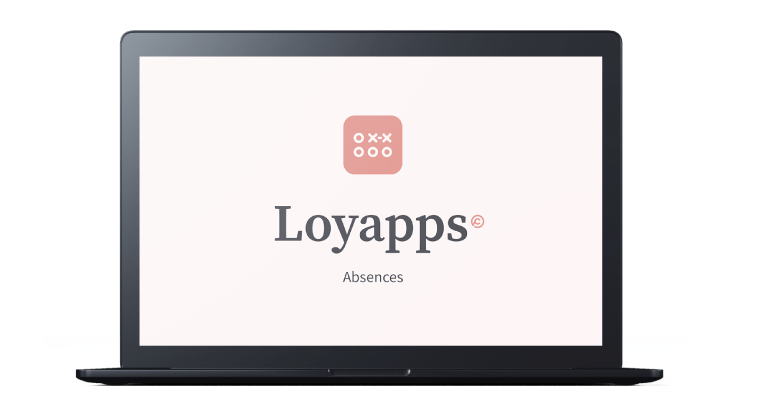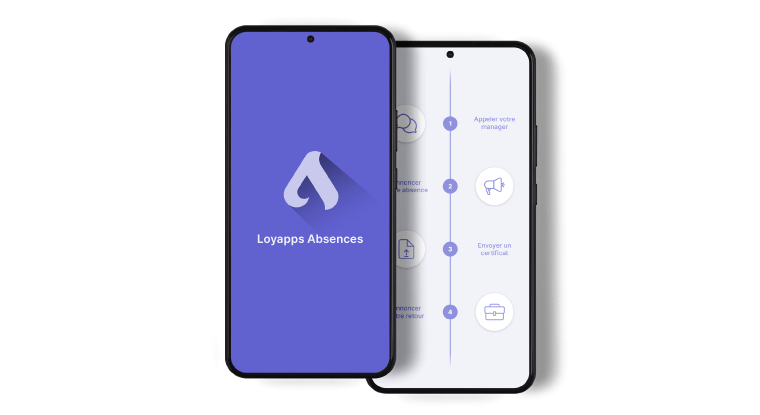
New developments in teleworking for cross-border commuters
There have recently been a number of changes in the area of teleworking for cross-border commuters, and more specifically for those domiciled in France. Today, we’d like to take a step back from this complex issue, and in the light of the latest changes, our expert Sandra Russo provides some useful clarifications.
As a preamble, we would like to point out that this article deals mainly with cases encountered by companies in Geneva and Vaud that employ French cross-border commuters and allow teleworking. For special cases, we invite you to contact specialists in tax and/or social security matters. The subject is complex and requires in-depth analysis. It is essential to distinguish between tax and social security issues, and to understand that one may have consequences for the other.
Contents
- A reminder of the basic tax rules & the risks involved
- What’s new in taxation
- Social security & the risks involved
- Summary of elements to be analyzed
- Our recommendations
- Further information
A reminder of basic tax rules
As a reminder, if you have a cross-border employee domiciled in France, you can authorize telecommuting, but only for a maximum of 40% of his or her working time, including time spent on assignment abroad. Moreover, these missions must not exceed 10 days per year.
As long as the 40% teleworking limit – including the 10 days of assignments – is respected, your employee may remain taxable according to the initial agreements of the employer’s canton (double taxation agreement or 1983 agreement), i.e.: In Switzerland for cantons applying the double taxation agreement (CDI) between Switzerland and France (GE, TI, ZH, LU, UR, SZ, OW, NW, GL, ZG, FR, SH, AR, AI, SG, GR, AG and TG).
An amicable agreement has been signed authorizing telecommuting up to a maximum of 40%, including 10 days of assignments.
In France for cantons that signed the 1983 agreement, on presentation of proof of tax residence (VD, BE, BS, BL, SO, VS, NE and JU). An amicable agreement has also been signed, authorizing telecommuting up to a maximum of 40%, including 10 days’ work.
We emphasize that this agreement applies to France only. In the case of other countries, you need to look at each individual case and refer to the relevant double taxation agreements. Indeed, some countries are likely to tax teleworking from the first day worked in the country of residence.
The risks involved
We stress once again the risks involved: Cantons applying the CDI, including Geneva: taxation in France of days teleworked if the 40% threshold is exceeded, and taxation of assignments in France from the 11th day of the assignment.
Swiss employers will have to adjust the number of days subject to withholding tax in Switzerland. Responsibility for deducting the French source tax should lie with the employer, but – to date – this is not an option. Cantons applying the 1983 agreement, including the canton of Vaud: the agreement collapses and frontier worker status ends (return to taxation under the DTA).
This means that the employer must deduct Swiss source tax on days worked in Switzerland.
What’s new in taxation
Berne recently announced the entry into force on January 1, 2025 of the Federal Act on the Taxation of Teleworking in the International Context.
The law lays the foundations for Switzerland’s right to tax the income of cross-border workers, as well as the implementation procedures. Below we highlight the changes that will have a major impact:
- Art. 129, para. 1, let.e of the Federal Direct Tax Act (LIFD), respectively art. 45. Par. 1, introductory sentence and letters f. and 2 of the law on the harmonization of direct taxes of the cantons and communes (LHID): “”. For each tax period, employers for whom an international tax agreement provides for the automatic exchange of information on salary data relating to the employees referred to in art. 91, paras. 1 and 2 of the LIFD and art. 35, para. 1, letters a and abis of the LHID must submit a certificate to the tax authority. “.
- Art. 127, para. 3 LIFD, respectively art. 43, para. 1bis LHID: “… In the event of the departure during the year of an employee covered by art. 91, para. 1 and 2, LIFD, respectively art. 35, para. 1, let. a and abis of the LHID, the former employer must provide the employee, on request, with a certificate intended for the new employer certifying the days teleworked, the assignments carried out in France and the assignments carried out abroad, as well as the overnight stays in Switzerland (for Vaud employers). “.
The ordinance of the Federal Department of Finance (FDF) on withholding tax in the context of direct federal taxation is therefore amended to introduce art. 5A, which sets out the employer’s obligation to certify.
It is therefore now necessary to set up a system for monitoring cross-border employees.
Social security, a dimension not to be neglected
The subject deserves to be revisited because of its complexity. This issue is made all the more complex by the fact that it could be impacted by tax changes, as the automatic exchange of tax information could bring to light irregularities in social security contributions.
As a reminder, the applicable principle was determined by European regulation 883/2004 on the coordination of social security systems.
On July 1, 2023, a new multilateral agreement came into force, to which a number of countries have signed up, including – among others – Switzerland and France. This agreement on teleworking increases the rate of teleworking from 25% to 49.9% (of working time) without changing the rules on affiliation to the employer’s country.
For countries that are not signatories to the multilateral agreement and/or employees who are not nationals of an ALCP (Agreement on the Free Movement of Persons) country, the 25% threshold remains applicable.
If your employee will be teleworking more than 25% and less than 49.9% of his or her working time, it is imperative to file an A1 telework form (ALPS platform) so that the country of residence can be informed and validate the employer’s continued jurisdiction. In the absence of a form, the maximum 25% threshold will continue to apply.
We would also like to remind you that we are only talking here about teleworking by cross-border commuters. If, however, the worker is also required to travel on “regular” assignments (pluriactivity) and/or temporary assignments (secondment), or is ill, it is advisable to check the applicable legislation and threshold.
The risks involved
Exceeding the 49.9% threshold for signatory countries, or the 25% threshold for non-signatory countries, in the absence of an A1 telework form (for signatory countries), for a person who is not a member of the ALCP, or in the case of pluriactivity, and other exceptions, means that responsibility for social security contributions reverts to the employee’s country of residence. The consequences in terms of social charges can be extremely costly for both the employer (affiliation to the French social security system and contributions in France for the entire remuneration) and the employee (loss of rights in Switzerland).
Summary of elements to be analyzed
- The employer’s canton is decisive in determining which tax provisions apply.
- The employee’s place of residence will also be a determining factor in the applicable treatment, both in terms of taxation and social insurance.
- The employee’s nationality is crucial to the application of social security rules, since in principle they do not apply to people who are not Swiss, EU or EFTA nationals.
- Does the employee have one or more employers? And where? If your employee works for you on a part-time basis, it is essential to check whether he/she has another occupation and in which country, as this may have an impact on the treatment applicable to his/her situation.
- Daily monitoring of telecommuting and/or assignment days is essential to avoid unpleasant surprises should the employee leave during the year.
Our recommendations
In conclusion, it is advisable to ensure that authorized thresholds are not exceeded, and that A1 telework forms are submitted within the allotted time (3 months). It is essential to monitor the various forms and check that they correspond to the employee’s situation. The financial and administrative consequences, as well as the potential penalties, are considerable.
As of January 1, 2025, an internal system will also need to be set up to track teleworking days, assignments in France, assignments abroad and overnight stays in Switzerland. This tracking is necessary for the automatic exchange of information, but also to enable the employer to track the employee’s administrative status (A1 teleworking, A1 pluriactivity, A1 secondment, etc.).
Further information
- Double tax treaties Switzerland – France | AFC
- The Federal Council creates a national legal basis for the taxation of teleworking by cross-border commuters
- Federal law on the taxation of teleworking in the international context
- Ordinance of the Federal Department of Finance on withholding tax in the context of direct federal taxation
- Taxation of teleworking by cross-border commuters | ge.ch
- Regulation (EC) no. 883/2004 on the coordination of social security systems
- Bulletin for AHV compensation funds and CP implementing bodies No. 470

















